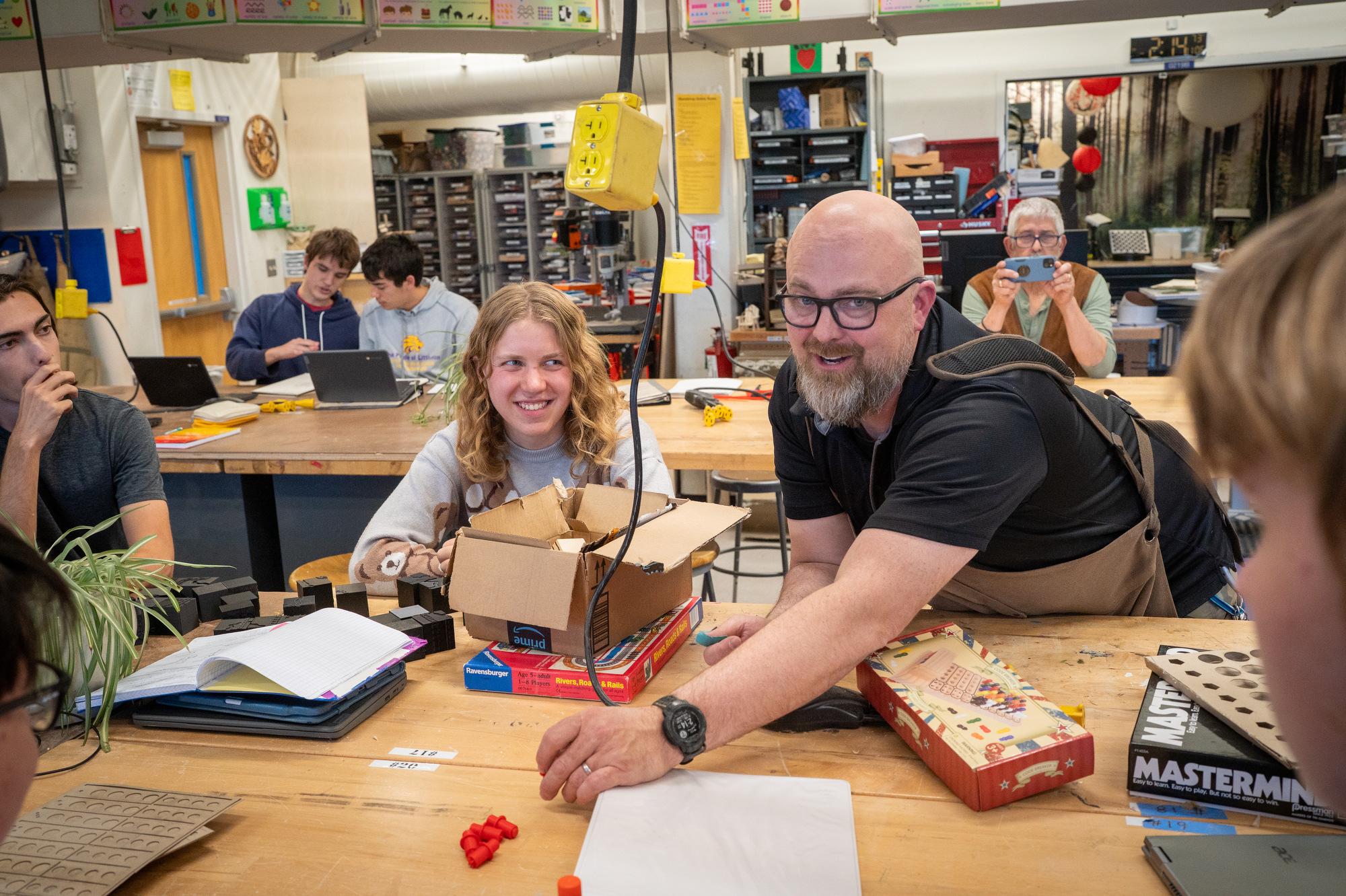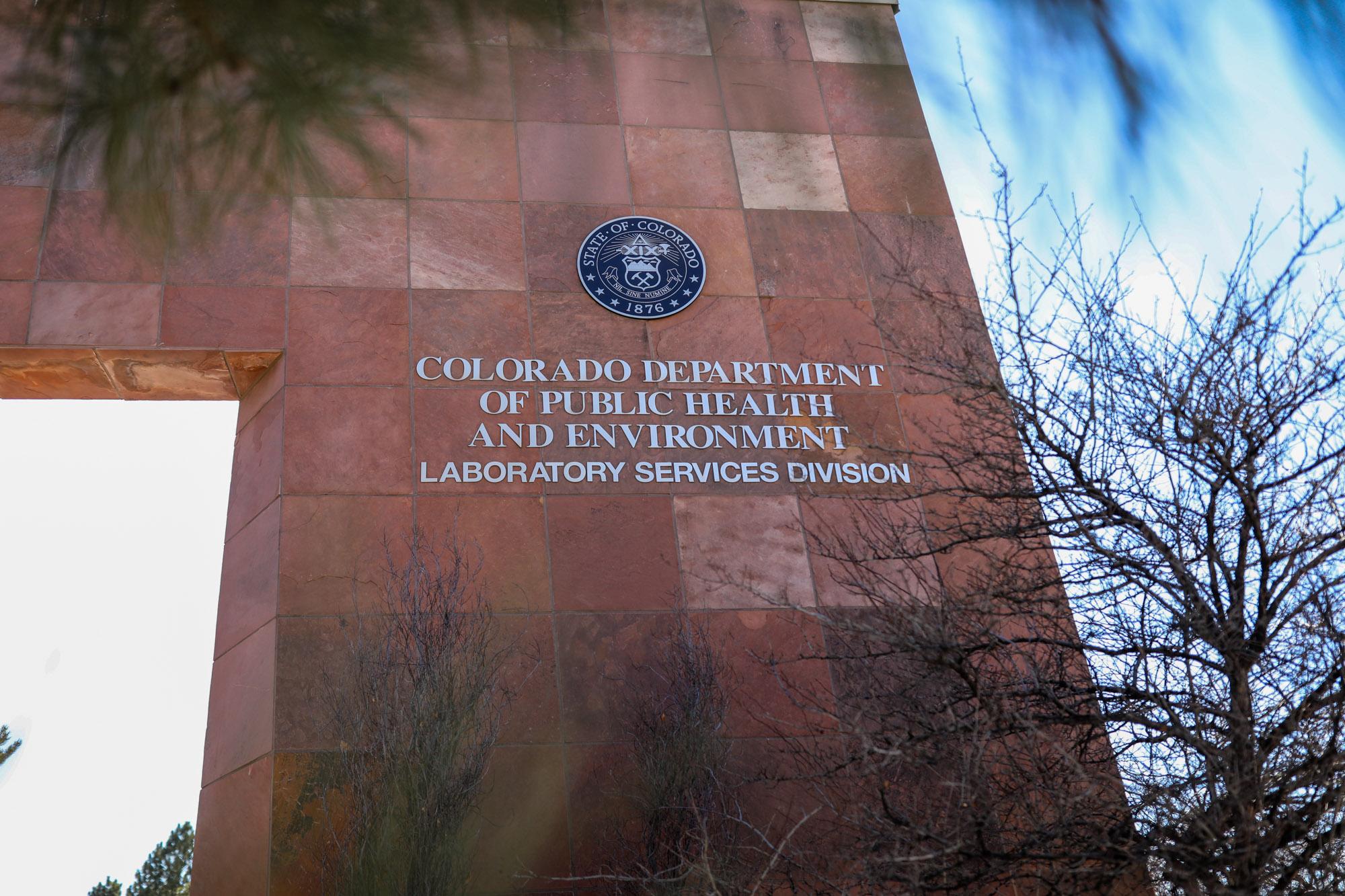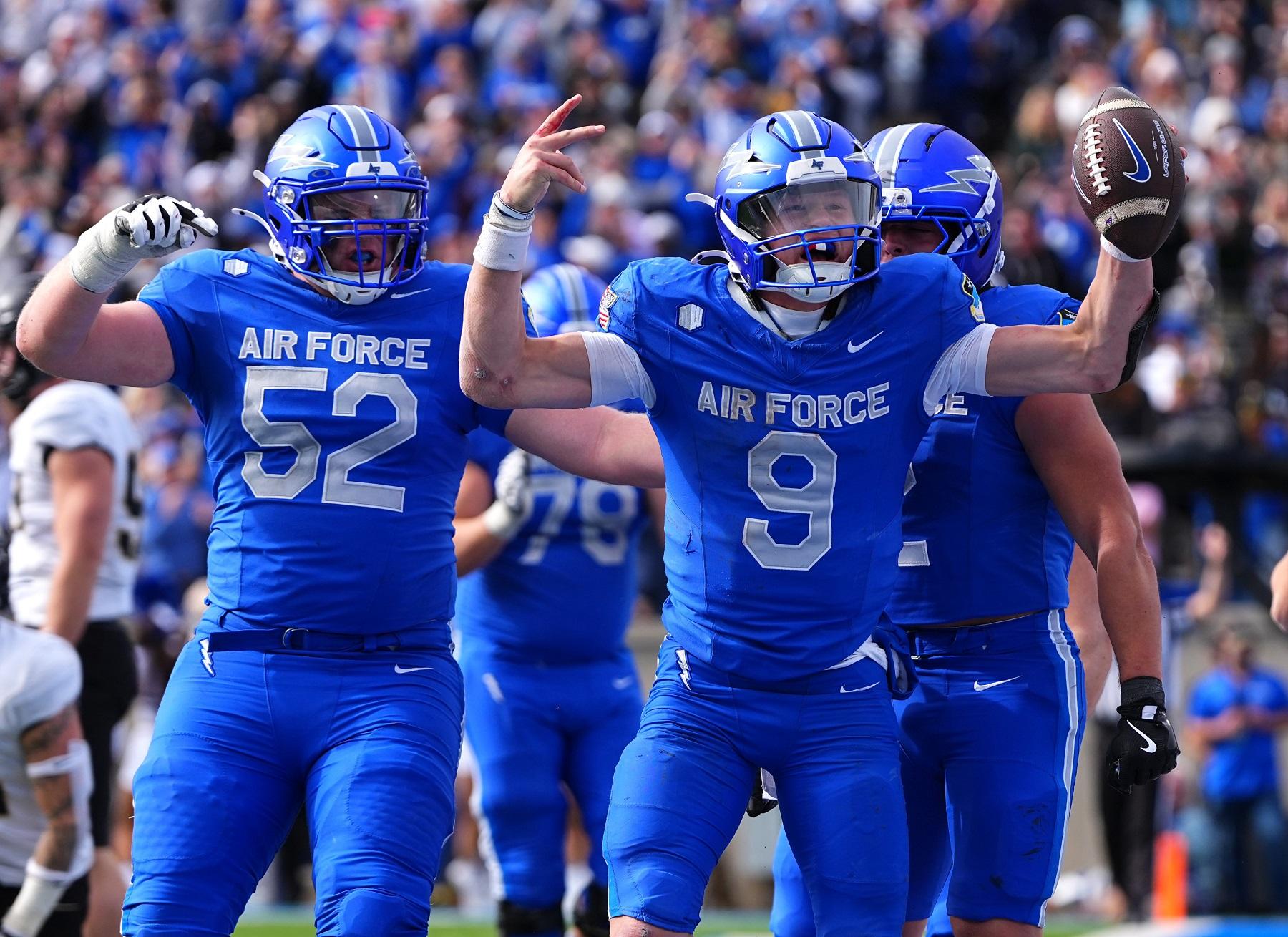
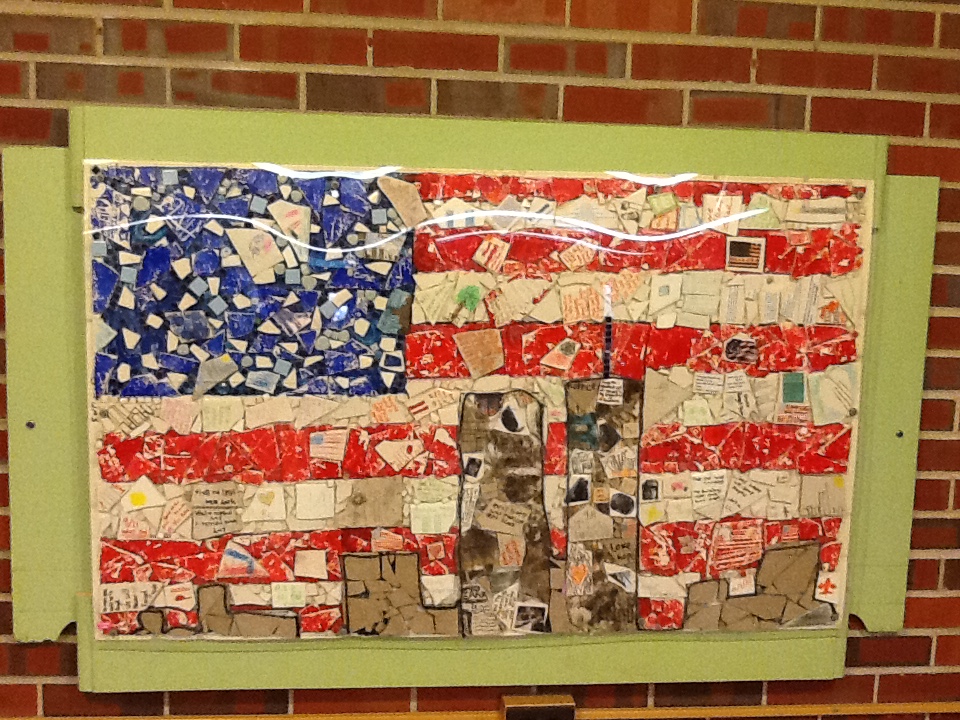
Sunday marks the 15th anniversary of the September 11 attacks -- an event so shocking that many people who were alive then can remember where they were when they found out about it, just as people did when President John F. Kennedy was assassinated.
But today's grade school kids were either too young to remember the 9/11 attacks clearly, or they weren't alive when it happened.
Colorado school systems are locally controlled. That means there are no statewide standards or guidelines on 9/11 curriculum, leaving districts, individual schools and teachers to develop their own lesson plans, if they chose to do so.
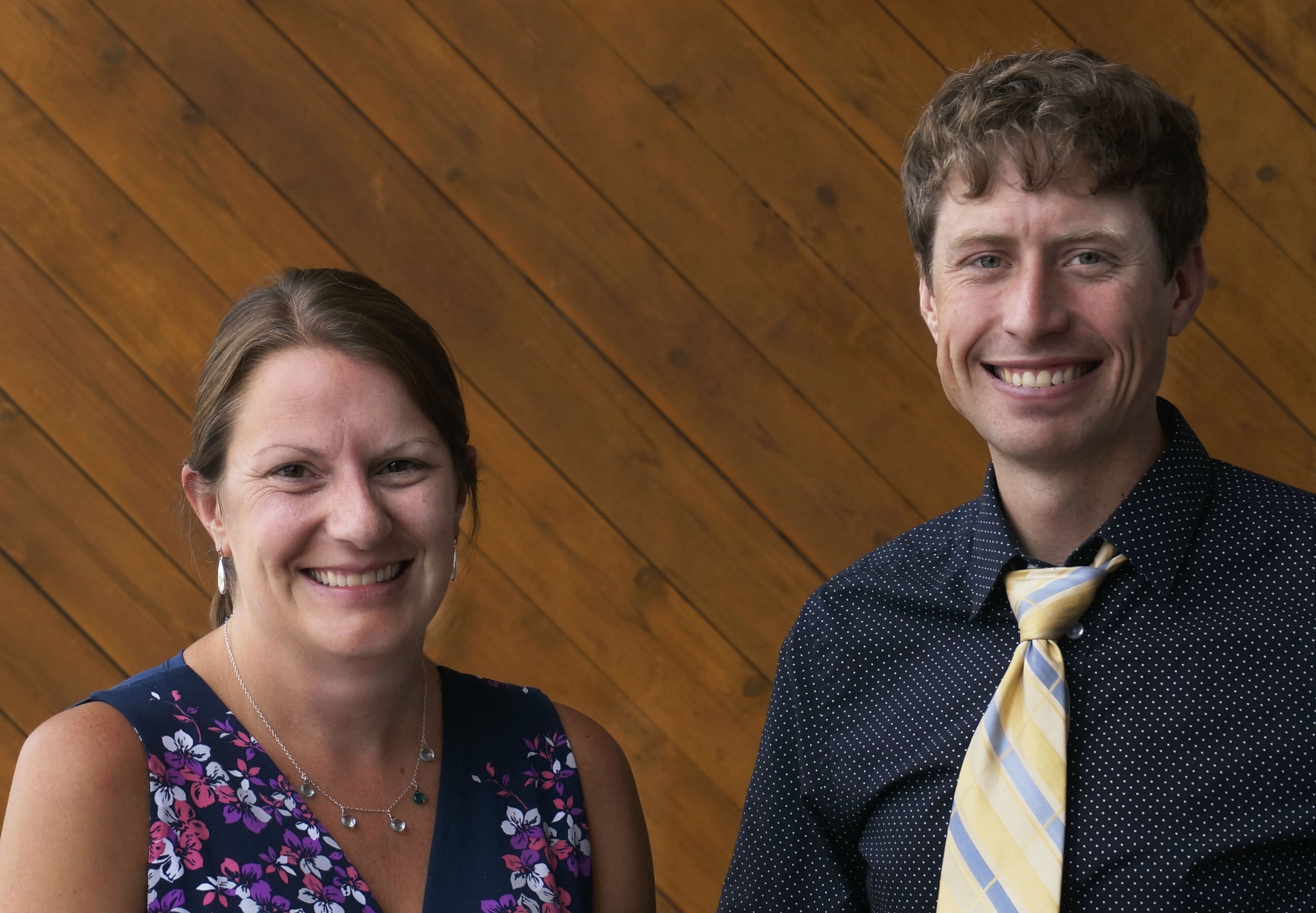
Teachers Jake Cousins and Laura Hinojos created materials to teach their students the history and cultural implications of the day. Cousins teaches eighth grade at a STRIVE Prep - Sunnyside, a public charter school in northwest Denver. Hinojos is a sixth-grade teacher at Ralston Elementary in Golden.
They spoke with Colorado Matters host Nathan Heffel.
On how their own memories of 9/11 have shaped the way they teach it:
Hinojos: "I've had one of my kids even say to me, 'Like, remember, it's never going to be as real to us as it was to you. But we still want to know what's going on and we still want to know as much as we can.' I think by telling our personal stories, talking to their parents, hearing as many stories as they can, I think that helps make it real for [students]."
Cousins: "The first year I taught about 9/11 was also my first year of teaching. I tried to teach it kind of the way it had felt to me that first year. And I think there was this very real disconnect. I was teaching seventh grade at the time. I think my students were about 2 years old when 9/11 had happened ... So teaching it in subsequent years as a history teacher, it has been a lot more about not just my story, but the personal narratives and images of that event."
On how to first broach the topic in the classroom:
Hinojos: "We had decided that the real purpose was going to be to memorialize. So maybe not the specific facts. Maybe not knowing exactly what triggered it and what the outcomes were. But lots of people lost their lives that day and that's super important. How are we going to memorialize that? So having that as the focus at the beginning led what I did from there. Deciding on that focus led me to what kind of things I would bring into the classroom, what discussions we would have and what we would do with this information."
Cousins: "September 11 was really about how do people process loss and how does a traumatic event on a national or global level translate to an individual or to a community. That was how we approached 9/11 in my class and how we spun it into conversations we were having about everything from Medieval Europe, to the Arab Spring and subsequent conflicts that kind of have been a part of our national understanding since then. I think giving students the chance to grapple with these themes is powerful."
On if they use actual footage and images from the events:
Hinojos: "I felt strongly I didn't want to show live footage [to sixth grade students]... I felt like that was more of a family decision of whether their child would watch the live images. We did end up seeing real images, but it was quite a ways into the unit when they already had background knowledge of what happened that day and heard some of the personal stories... When you look at our social studies [state] standards, so much of it is learning how to analyze primary documents and not taking everything from a secondary source. So if we weren't to give at least some of those things, we wouldn't really be teaching the history or social studies aspect."
On when a student asks, "Could this happen again?":
Cousins: "There's a balance to being honest to your students about what we can't know as people, let alone teachers, and also enforcing to them there are conscientious efforts being made to keep them safe whether that's as localized as our school or as broad as airport security... And I think there's power in talking to students about the dangers of living your life in response to fear."
Related:
The CELL (Counterterrorism Education Learning Lab) is a Denver nonprofit institution devoted to preventing terrorism. Assistant director Jordan Clark says the group has worked with a number of curriculum developers over the years to create lesson plans, eight of which directly address 9/11. According to The CELL, on average, about 100 metro schools download this curriculum, including public and private schools in Denver, Jefferson and Aurora counties. The materials are geared toward high school and college students.
On Sunday, the CELL will co-present "Colorado Remembers 9/11," a 15th anniversary event with live music in Denver's Civic Center Park.
Hear more:

